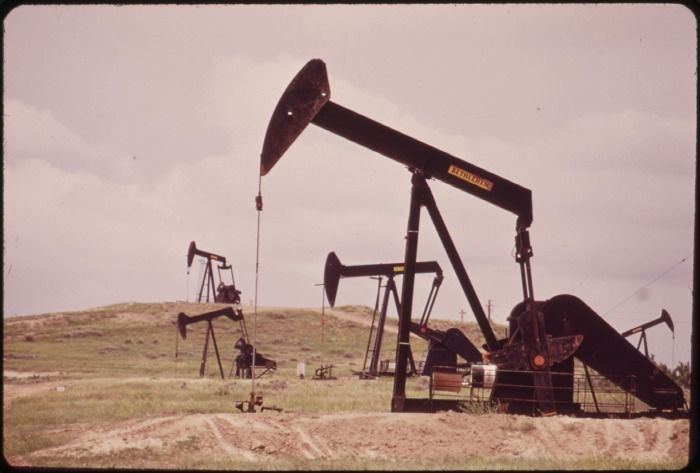
A Massachusetts-based startup has leased an abandoned natural gas well in Texas and raised $1 million in seed money to test an experimental way of storing energy that ultimately could help businesses avoid burdensome demand charges for electricity.
According to an article posted at Forbes, Aaron Mandell and Howard Schmidt founded Quidnet Energy three years ago to explore the potential of using old oil and gas wells to store high-pressure water as an energy source.
Water pumped into the wells at high pressure–600 pounds per square inch–would later be released to power turbines to produce electricity.
“Instead of having oil or natural gas in these rock fissures, we will pump water in,” Mandell told Forbes. “When you continue to pump water, you are basically compressing the rocks, which act like a large spring. When we then open that well, the rocks will force the water out of the well at a high pressure to generate electricity.”
Mandell is the chief executive of AltaRock Energy, which engineers geothermal-power generating stations. Schmidt, who developed the water-storage technology, is an engineer with Saudi Aramco.
Their experimental station in Texas is located in Erath County, about 80 miles west of Fort Worth, where the fledgling company has leased a 5000-ft.-deep well and is installing a turbine, Forbes reports. The geology of the site is key: the rock formations into which the well is drilled need to be impermeable so water pumped into the well doesn’t escape and lose pressure.
Similar to a pumped hydro storage
Quidnet’s plan is similar to energy storage technically called pumped hydroelectric storage, in which water is pumped uphill to a reservoir and then released to produce electricity with a turbine.
The Forbes report said the test well will be able to hold 5000 barrels of water (about 215,000 gallons) and is designed to charge and discharge in blocks of four to eight hours. Quidnet plans to run the project until the end of the year to see how it works and help it calculate how much a commercial-scale project would cost.
Energy storage is emerging as an area of active research and development. In California, developers are building two pilot net-zero energy neighborhoods in which houses are equipped with batteries to store solar electricity produced during the day and redistribute it later.
Nissan and General Motors recently announced plans to repurpose batteries from electric vehicles into energy storage units.
In these and other projects, one intent is to help businesses avoid steep demand charges–the high rates utilities charge business and industrial customers based on their peak demand for power. Stored electricity can help offset peak power loads. In residential storage plans, excess power produced during the day can help reduce an early evening surge in demand on the grid.
Mandell wasn’t immediately available to discuss the project.
Fine Homebuilding Recommended Products
Fine Homebuilding receives a commission for items purchased through links on this site, including Amazon Associates and other affiliate advertising programs.

Handy Heat Gun

8067 All-Weather Flashing Tape

Affordable IR Camera
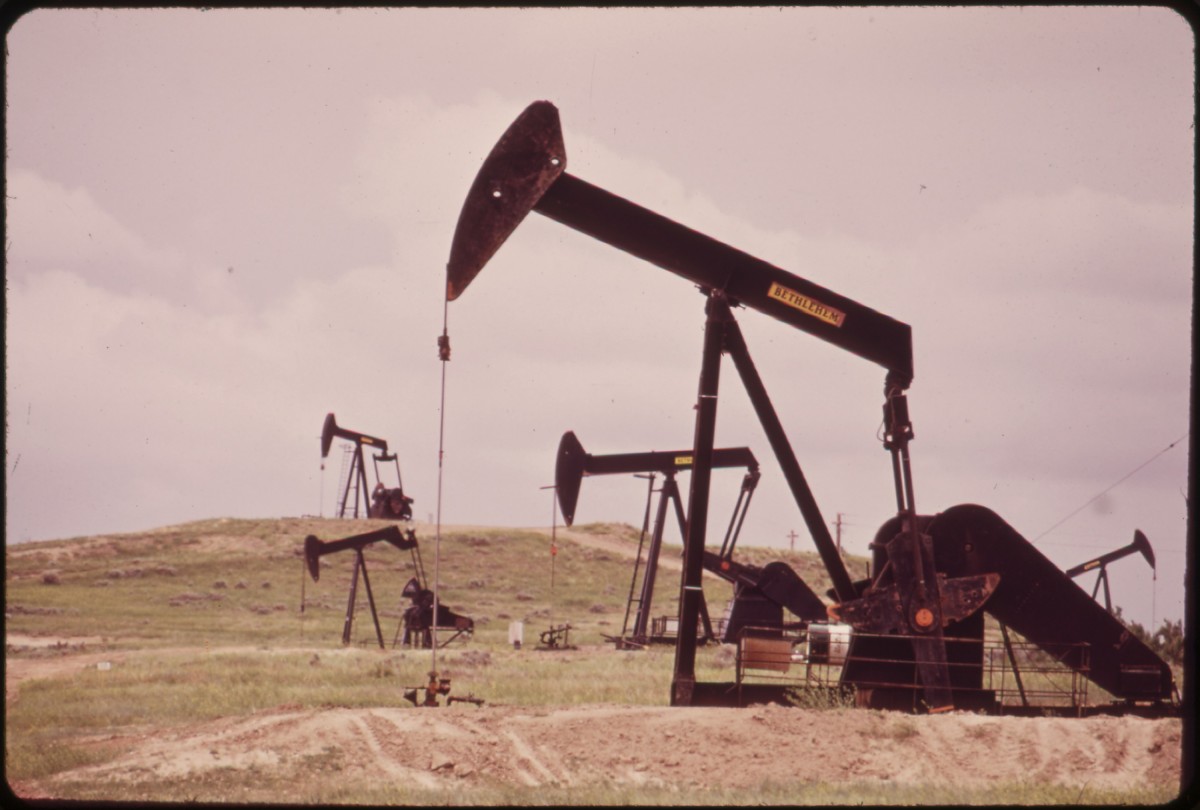
Spent oil and gas wells would be used to store pressurized water capable of generating electricity in a plan forwarded by a Massachusetts-based startup.

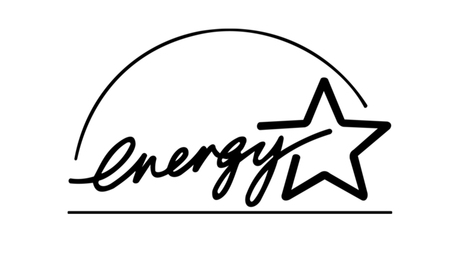

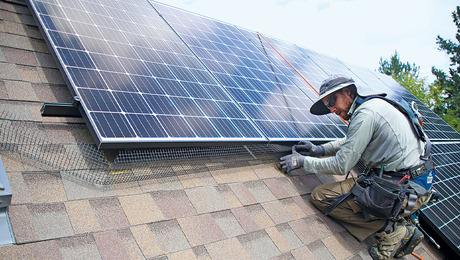





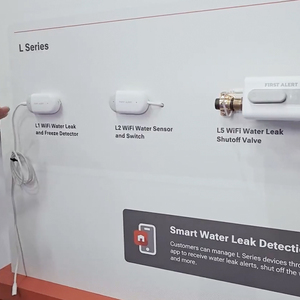



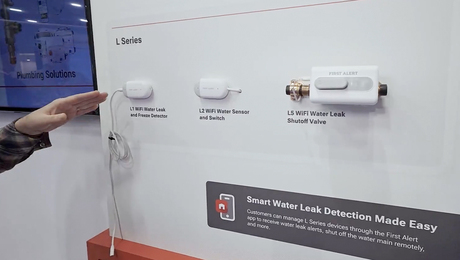













View Comments
Hmm... pumping water at pressure into the earth. What a concept! I am sure it will attract billions in grant dollars, and become the favored child of the 'environmental' movement.
Except ... we don't need to 'study' this at all. The research has already been done, and without government funds. Indeed, the government has acted to obstruct this technology.
Pumping water into an oil or gas well, under pressure, has a name: FRACKING. Ironic that it will soon be embraced by the very folks who have been slandering it for decades, telling all manner of lies in their quest to make everyone else miserable.